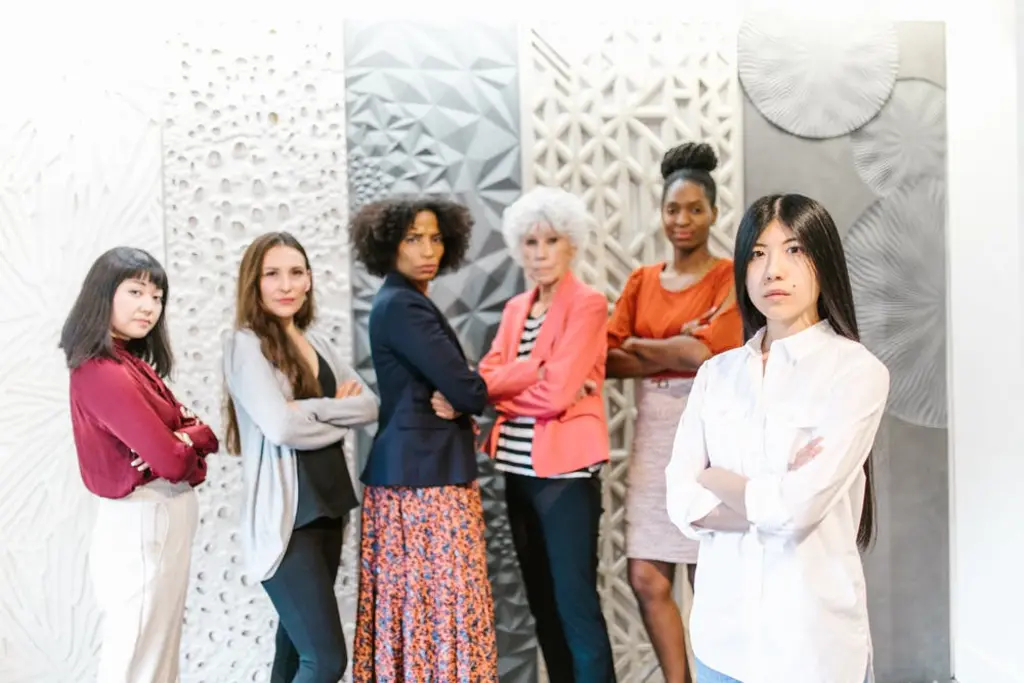Challenges in Midwifery Education
Addressing challenges in midwifery education is an ongoing need because the world of midwifery is always changing and growing. This means midwives constantly need to learn new things, update their skills, and keep up with the best ways to provide care. This constant evolution ensures midwives are always prepared for what’s next.
Continuing education is not just a requirement for maintaining certification; it’s a commitment to providing the highest standard of care for mothers and babies. Here’s why continuing education is so important for midwives.

1. Staying Current with Medical Advancements
(Keeping Up with New Research and Techniques)
Medical research constantly brings new insights into maternal and newborn health. Continuing education helps midwives stay informed about:
- Latest Research: Understanding new findings in prenatal care, labor and delivery, postpartum care, and neonatal health.
- Innovative Techniques: Learning new procedures and practices that improve patient outcomes.
- Updated Guidelines: Adhering to the latest guidelines and standards set by professional organizations and healthcare authorities.
2. Enhancing Clinical Skills (Improving Hands-On Expertise)
Continuing education offers opportunities to refine and enhance clinical skills through:
- Workshops and Seminars: Practical sessions that provide hands-on experience with new equipment or techniques.
- Simulation Training: Using advanced simulation tools to practice complex scenarios in a safe environment.
- Certifications and Specializations: Gaining additional certifications or specializations in areas such as lactation consulting, perinatal mental health, or high-risk pregnancies.
3. Providing Culturally Competent Care (Understanding and Respecting Diversity)
Midwives work with diverse populations, and cultural competence is crucial for providing respectful and personalized care. Continuing education helps midwives:
- Cultural Sensitivity: Understand different cultural practices and beliefs related to childbirth and maternal care.
- Effective Communication: Learn strategies to communicate effectively with clients from various backgrounds.
- Inclusive Practices: Implement care practices that respect and accommodate cultural differences.
4. Promoting Leadership and Advocacy (Developing Skills Beyond Clinical Care)
Midwives often take on roles that involve leadership and advocacy. Continuing education supports this by:
- Leadership Training: Building skills needed to lead teams, manage practices, or take on administrative roles.
- Advocacy Skills: Equipping midwives with the tools to advocate for policy changes and improvements in maternal and newborn health.
- Community Engagement: Learning how to engage with the community and build strong support networks.
5. Ensuring Professional Growth and Fulfillment (Fostering Lifelong Learning and Career Advancement)
Continuing education is a pathway to professional growth and personal fulfillment. It provides:
- Career Advancement: Opportunities to advance in the profession, take on new roles, or open a private practice.
- Personal Satisfaction: The satisfaction of mastering new skills and knowledge, which enhances confidence and competence.
- Networking Opportunities: Connecting with other professionals, sharing experiences, and learning from peers.
6. Improving Patient Outcomes (Delivering High-Quality, Evidence-Based Care)
The ultimate goal of continuing education is to improve patient outcomes by:
- Providing Evidence-Based Care: Ensuring that practices are based on the latest and most reliable evidence.
- Enhancing Patient Safety: Reducing risks and complications through up-to-date knowledge and skills.
- Increasing Patient Satisfaction: Offering high-quality, compassionate care that meets the needs and expectations of patients.
7. Adapting to Healthcare Changes (Navigating a Changing Healthcare Landscape)
The healthcare environment is constantly changing due to new laws, technologies, and societal needs. Continuing education helps midwives:
- Adapt to Regulations: Stay compliant with new regulations and standards.
- Embrace Technology: Learn how to use new technologies that enhance care, such as electronic health records or telehealth services.
- Respond to Emerging Needs: Be prepared to address emerging healthcare needs and challenges, such as managing pandemics or addressing mental health crises.
Addressing challenges in midwifery education is key because continuing education is absolutely essential for midwives. It’s how they provide the best care, stay competitive in their field, and even advance their careers. This ongoing learning makes sure midwives remain knowledgeable, skilled, and fully capable of delivering top-notch, evidence-based, and culturally sensitive care. By committing to learning throughout their lives, midwives can constantly get better at what they do, improve how patients fare, and help move the entire midwifery profession forward.
Join the Learning Journey
Navigating the challenges in midwifery education demands continuous adaptation and resilience. From limited resources and varied curriculums to evolving healthcare needs, midwifery programs must equip students with not just medical skills but also cultural competence and empathy.
Addressing these challenges ensures that future midwives are well-prepared to provide comprehensive and compassionate care. The journey, though tough, is crucial for the advancement of midwifery and the health of communities worldwide. Always aim to learn, adapt, and grow in the face of adversity
Are you a midwife committed to challenges in midwifery education? Explore available courses, workshops, and resources to stay updated and enhance your skills. Together, we can ensure a brighter future for maternal and newborn health.


